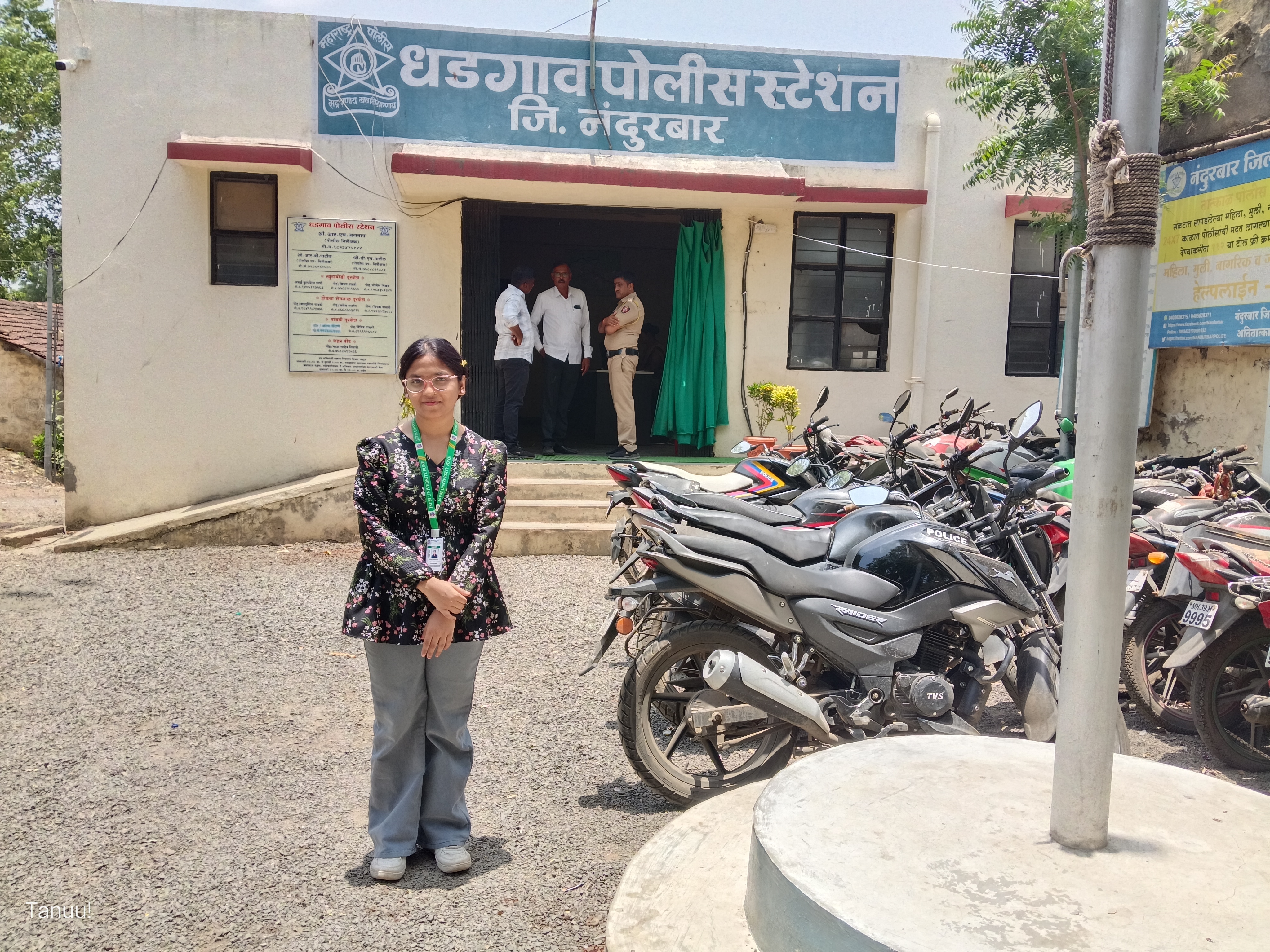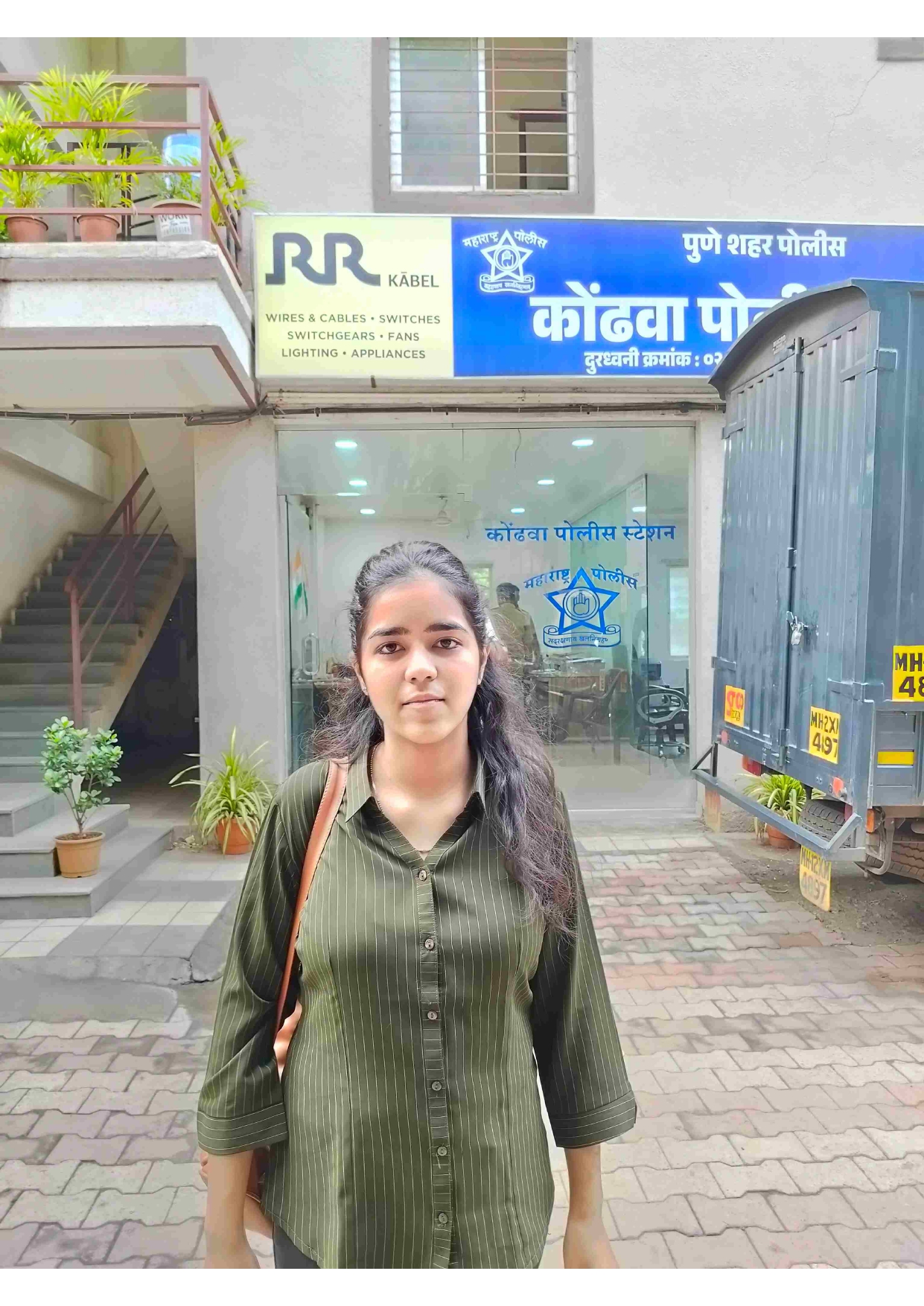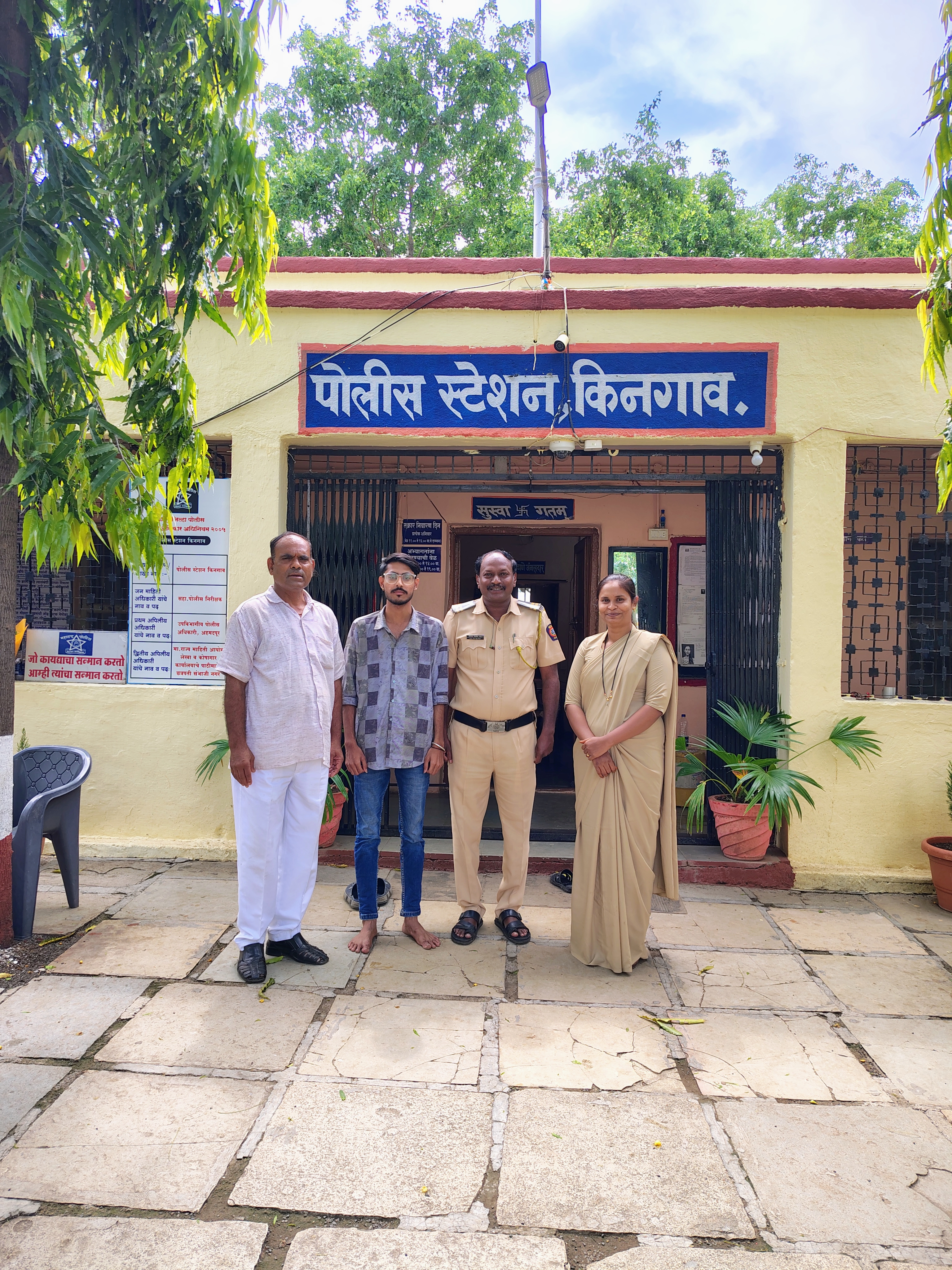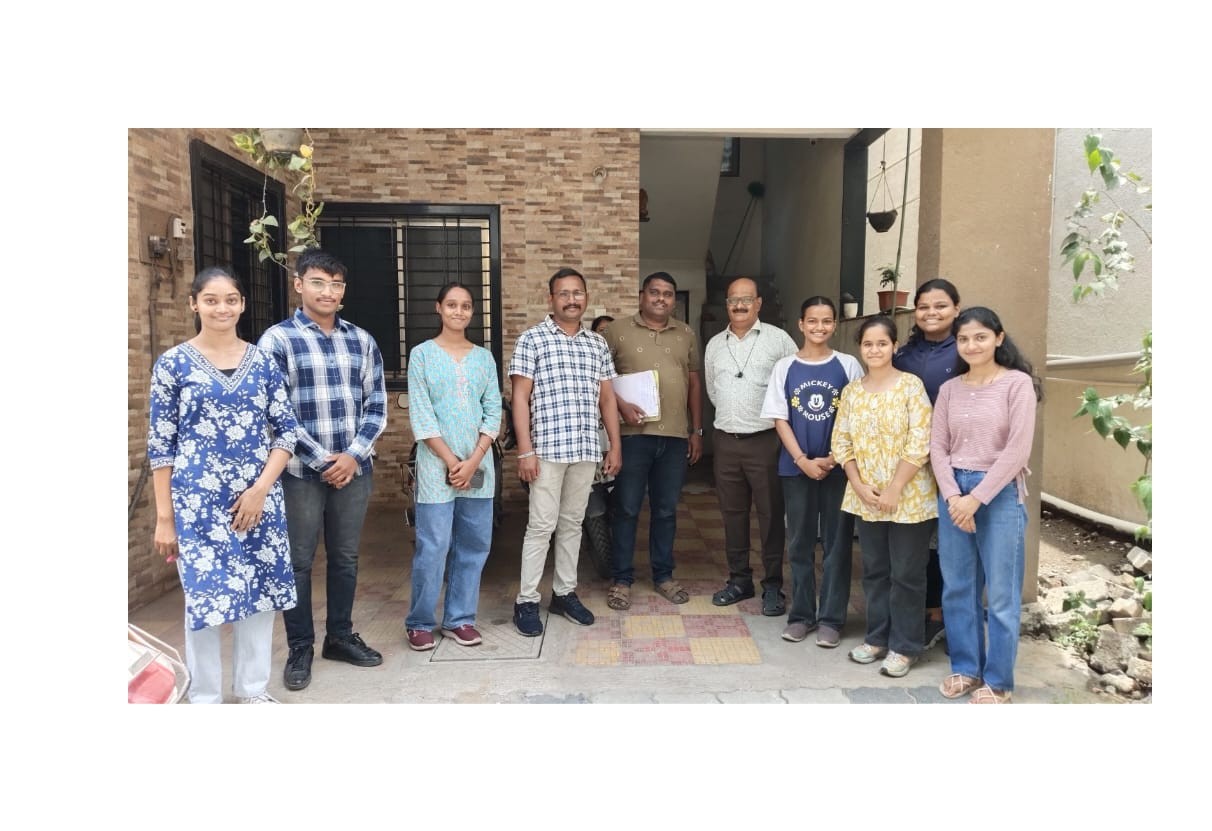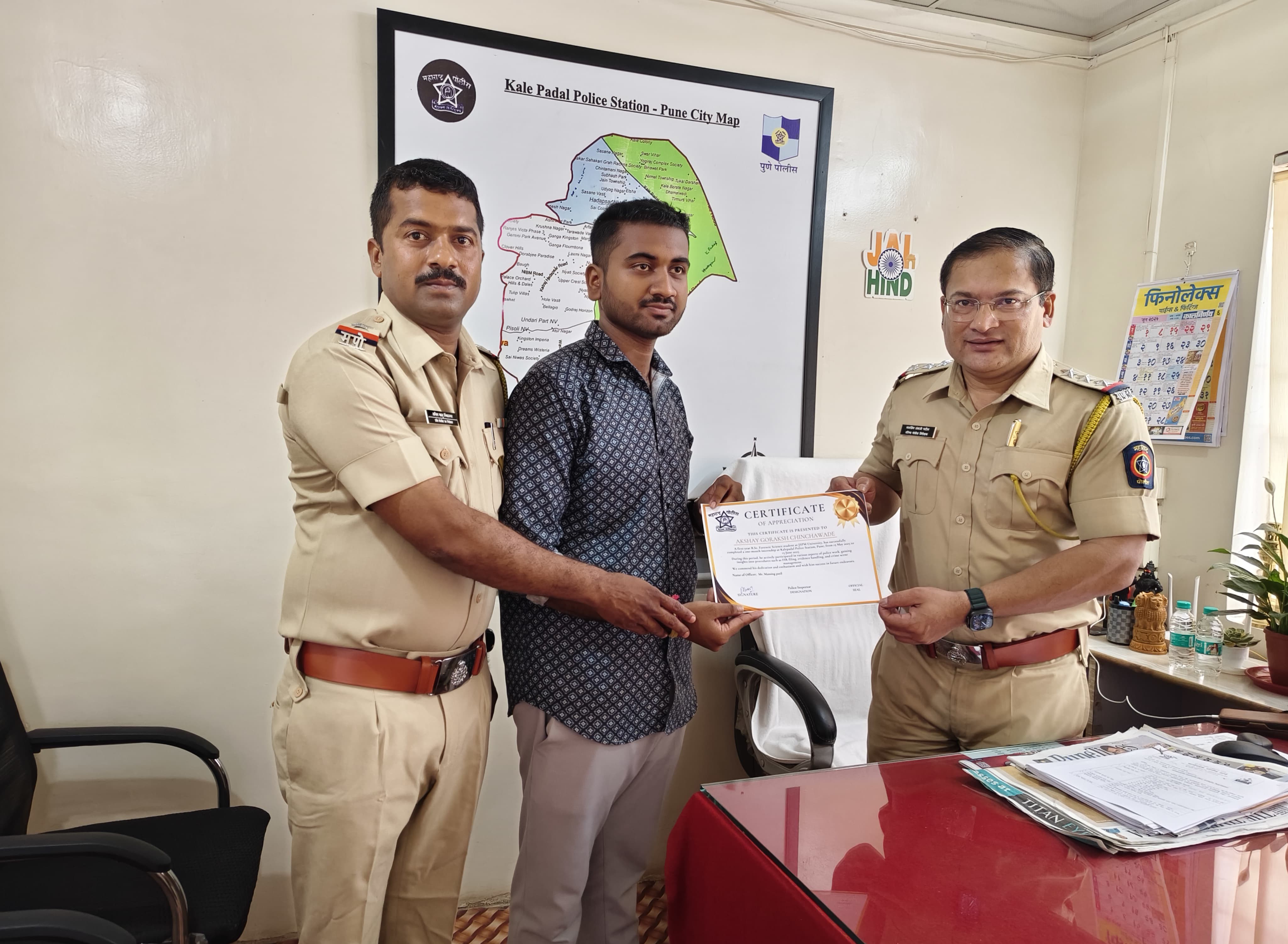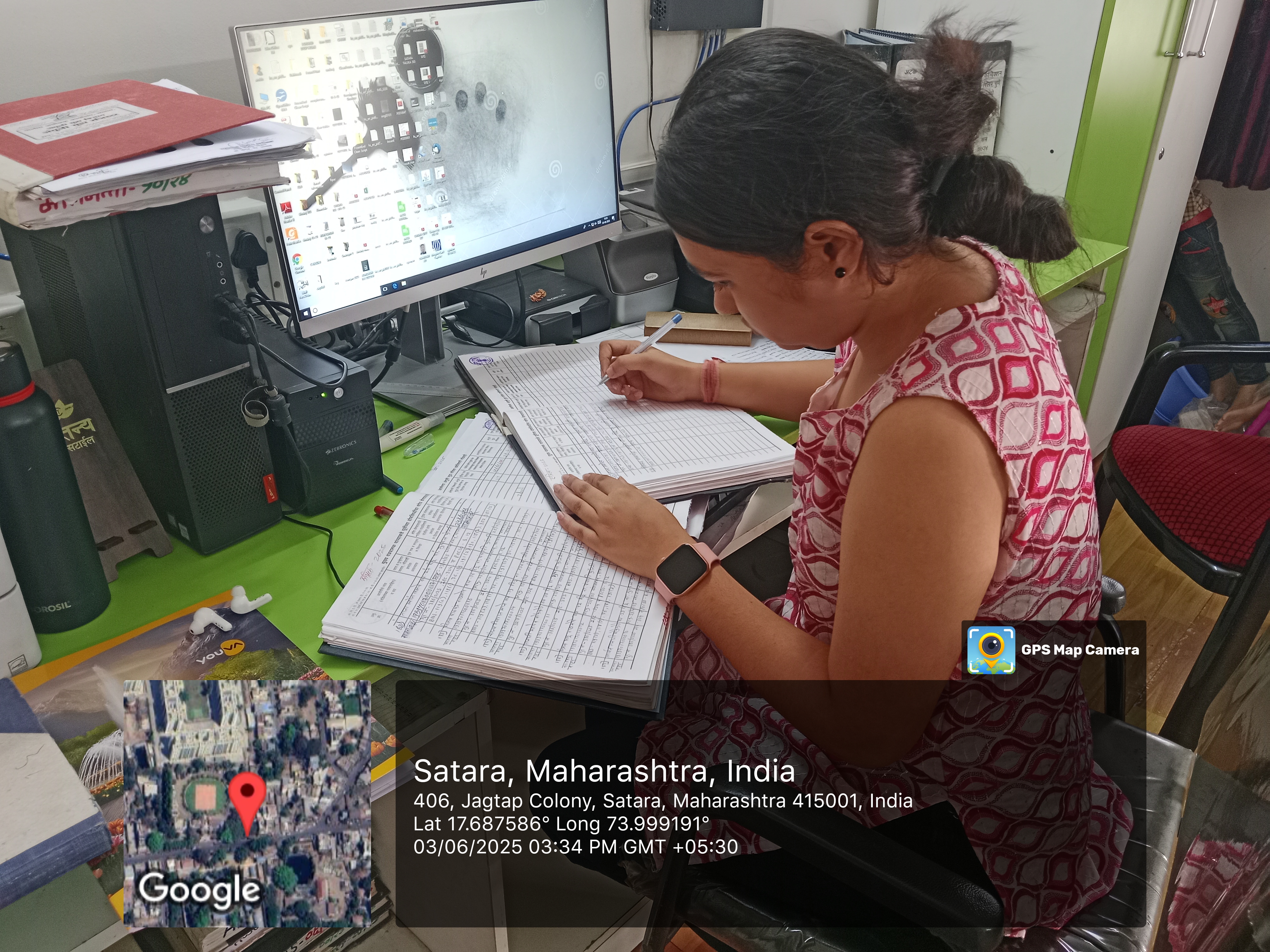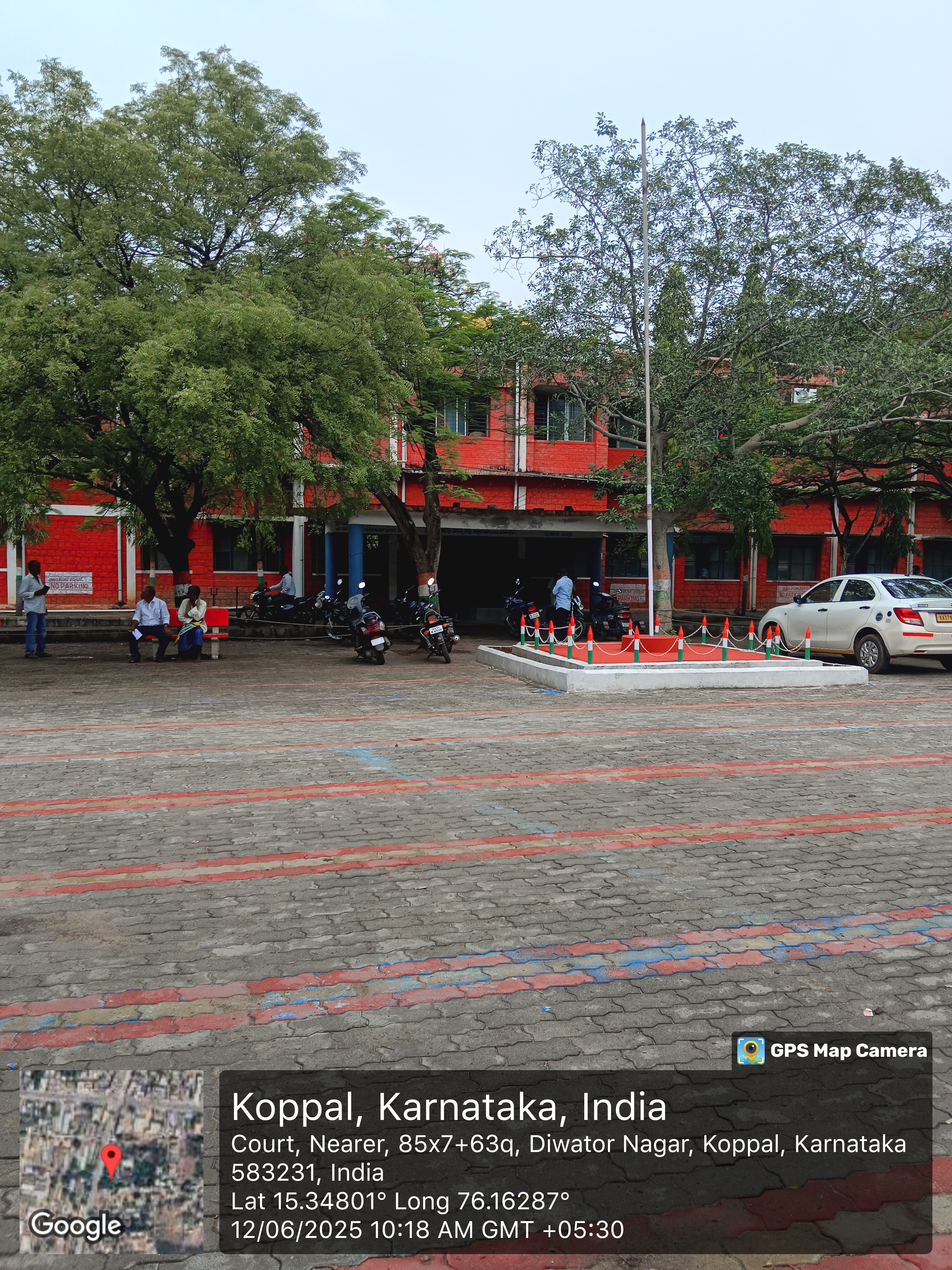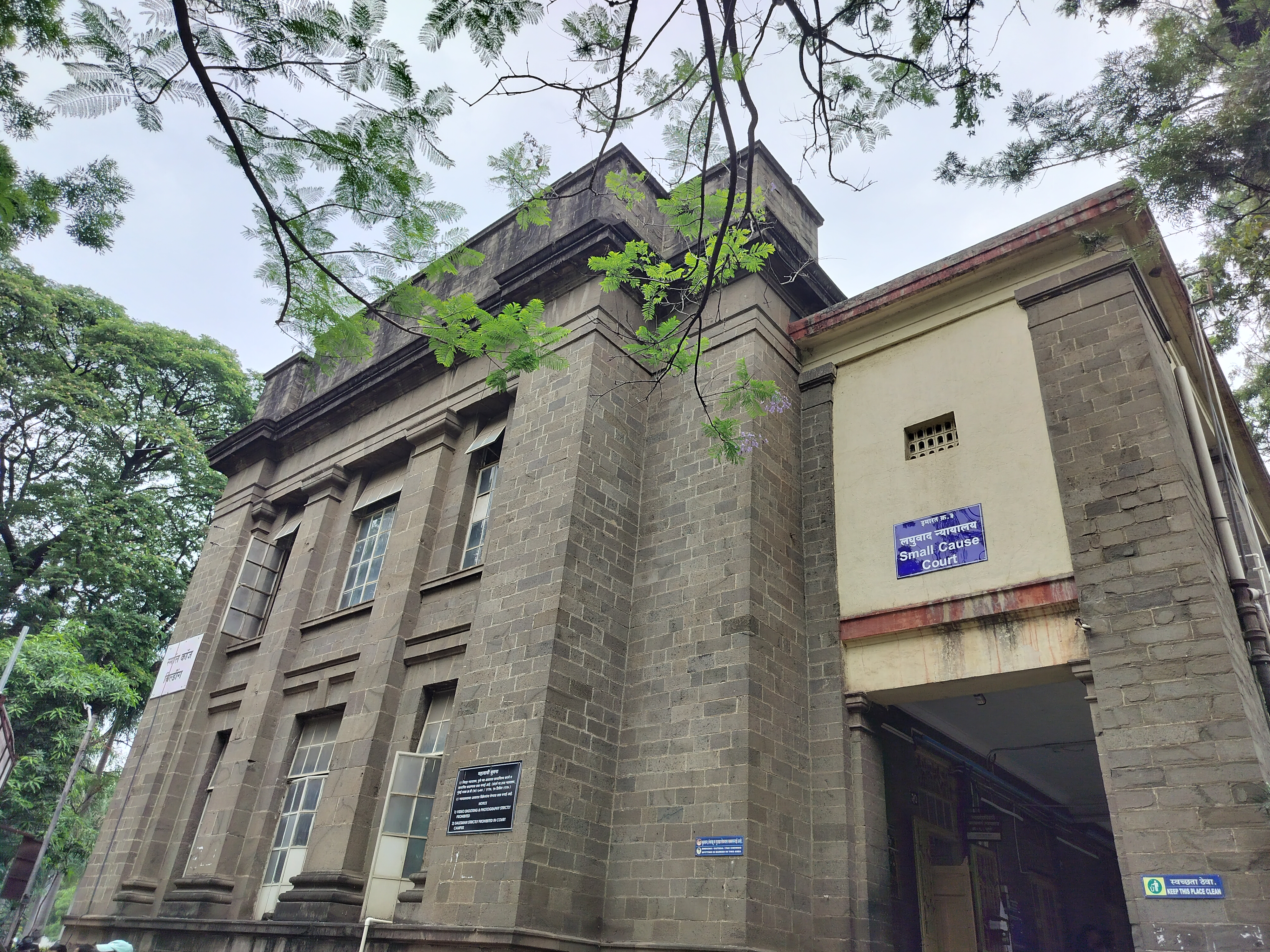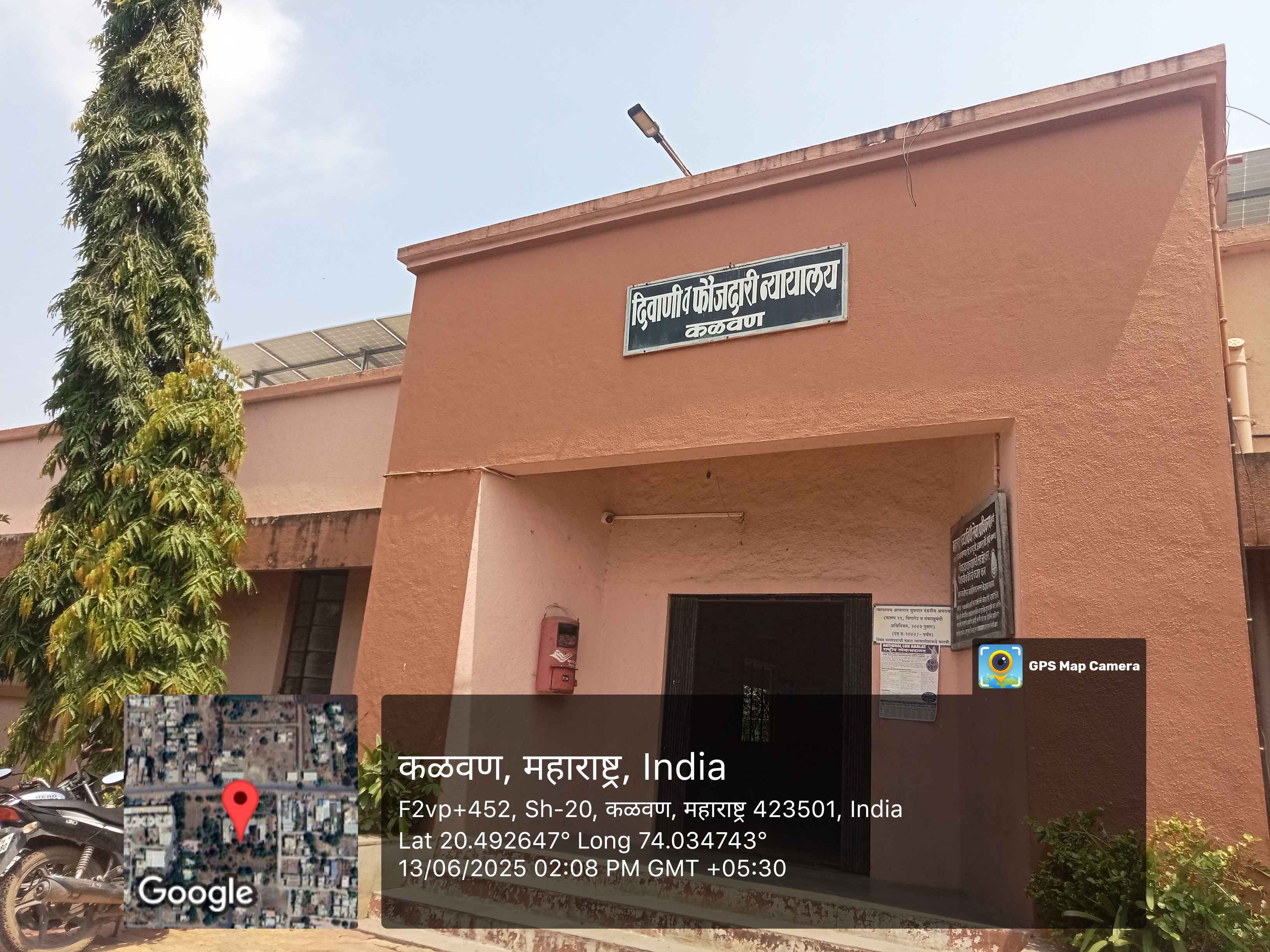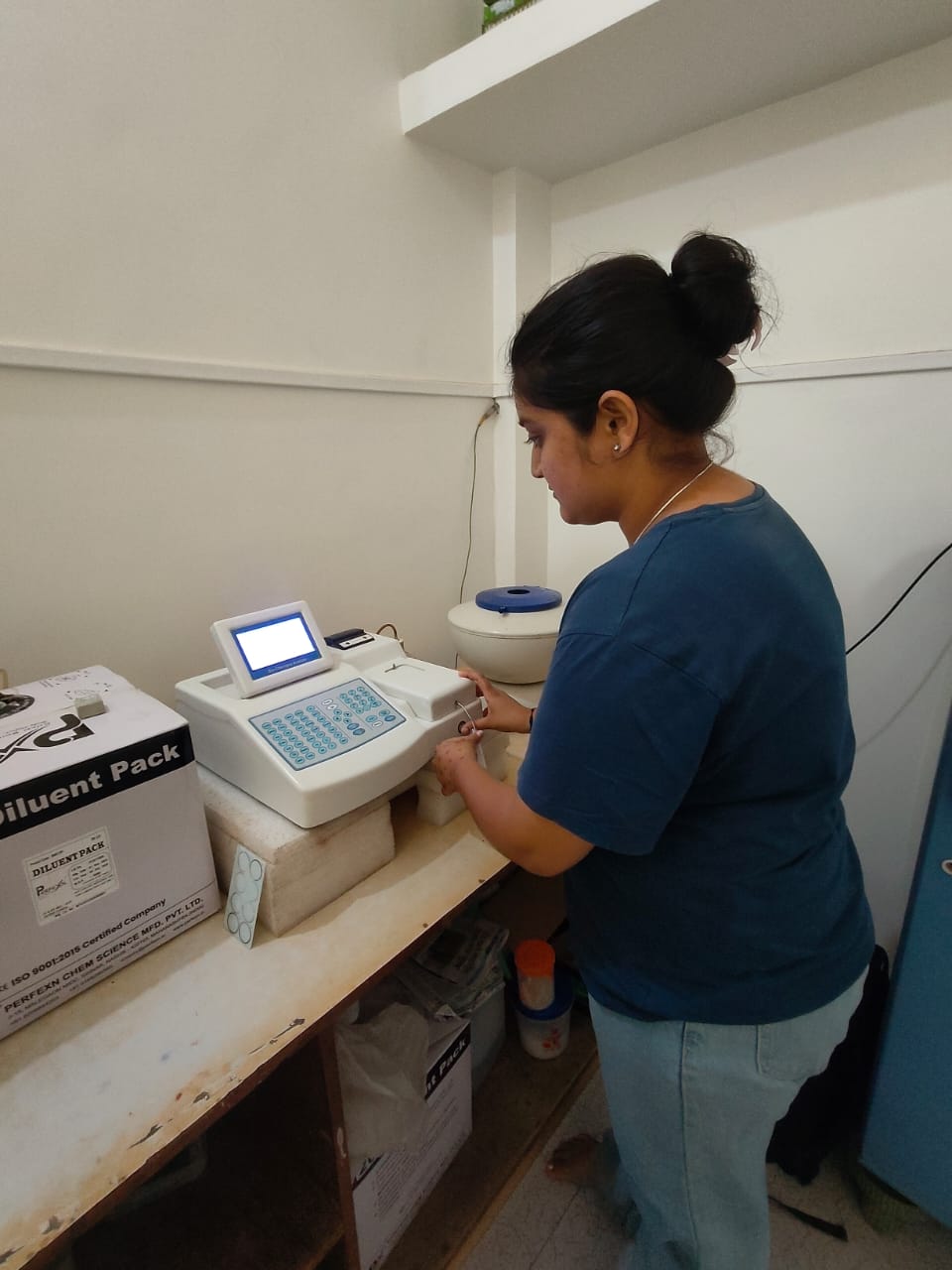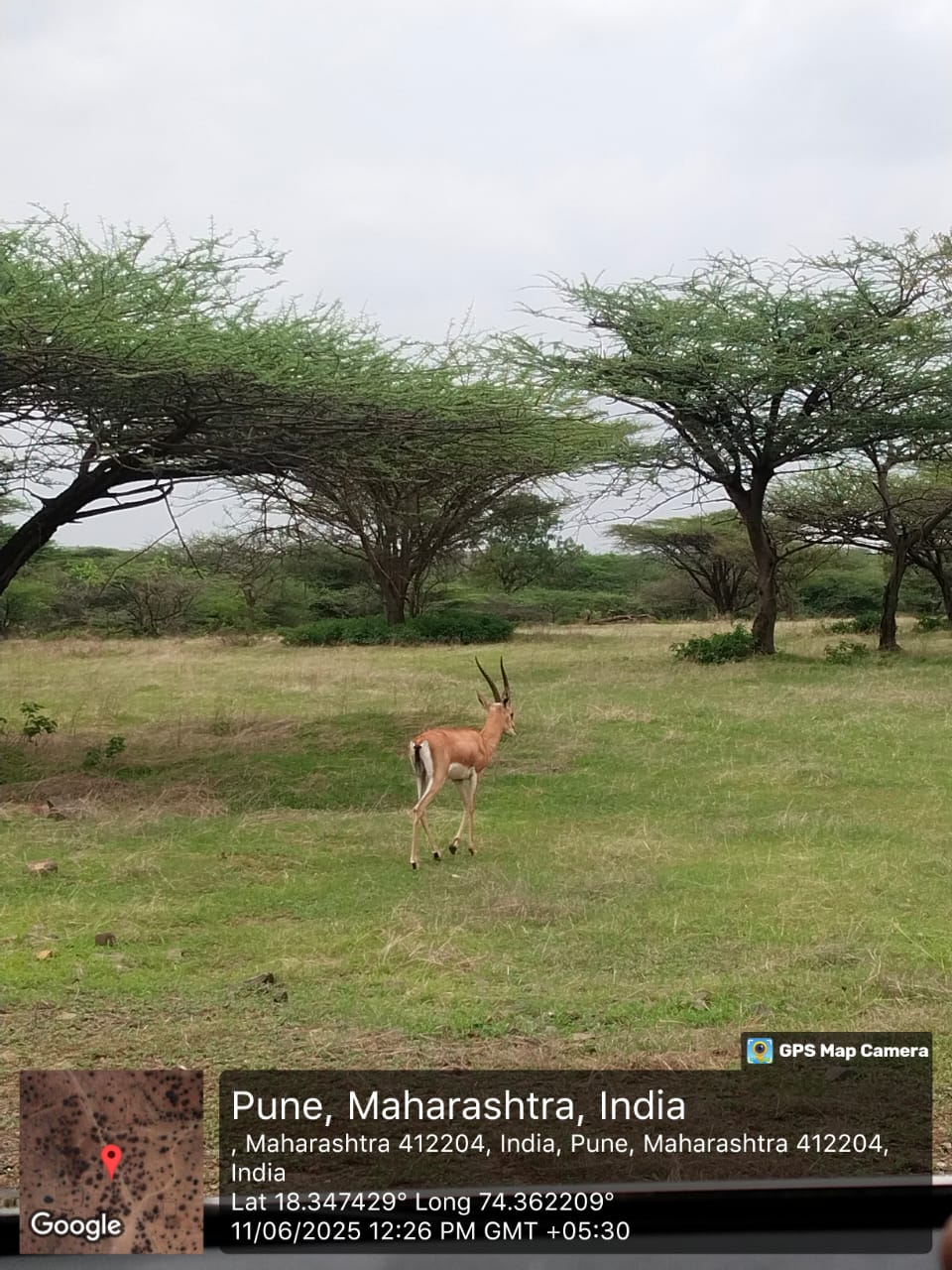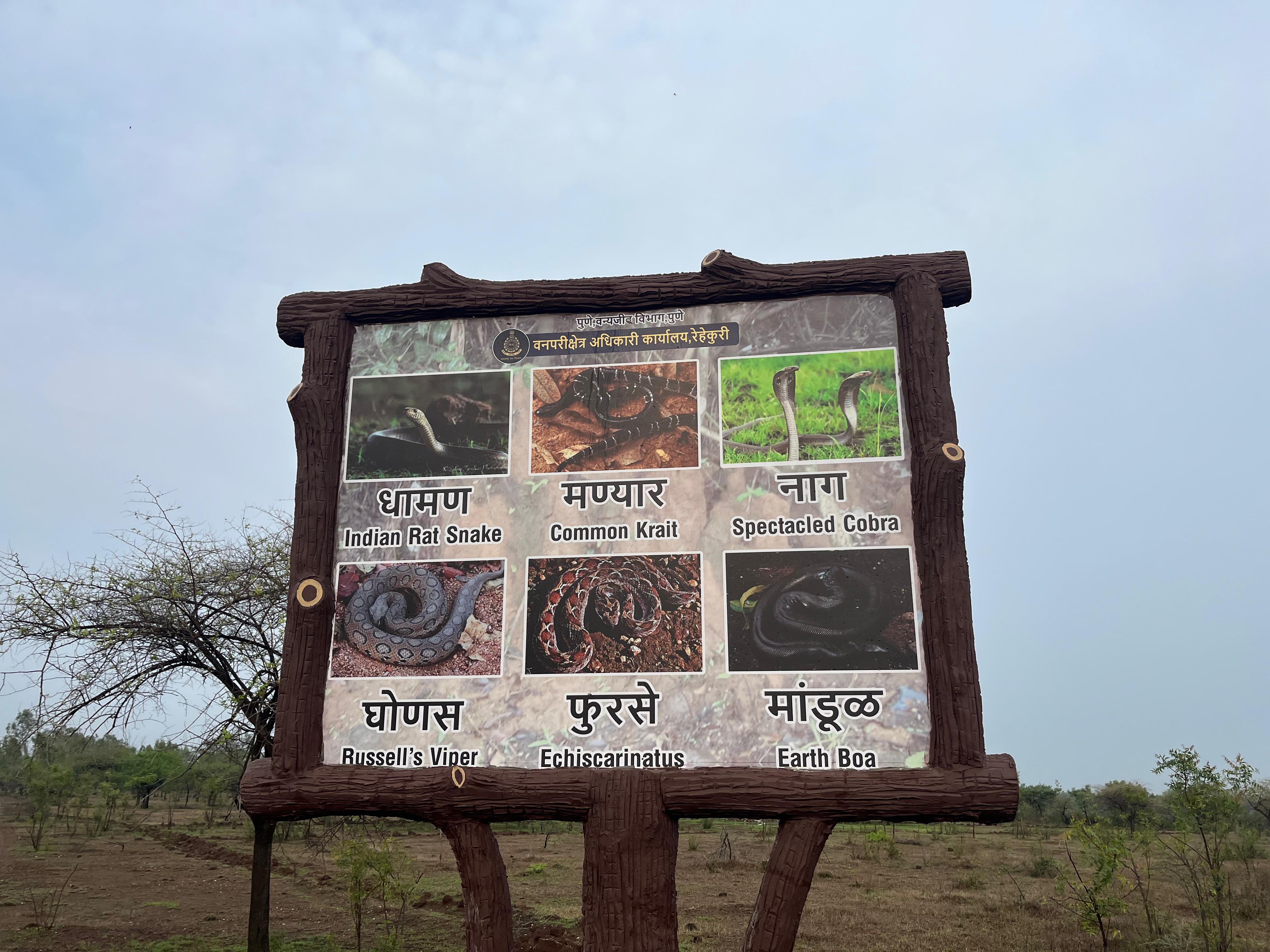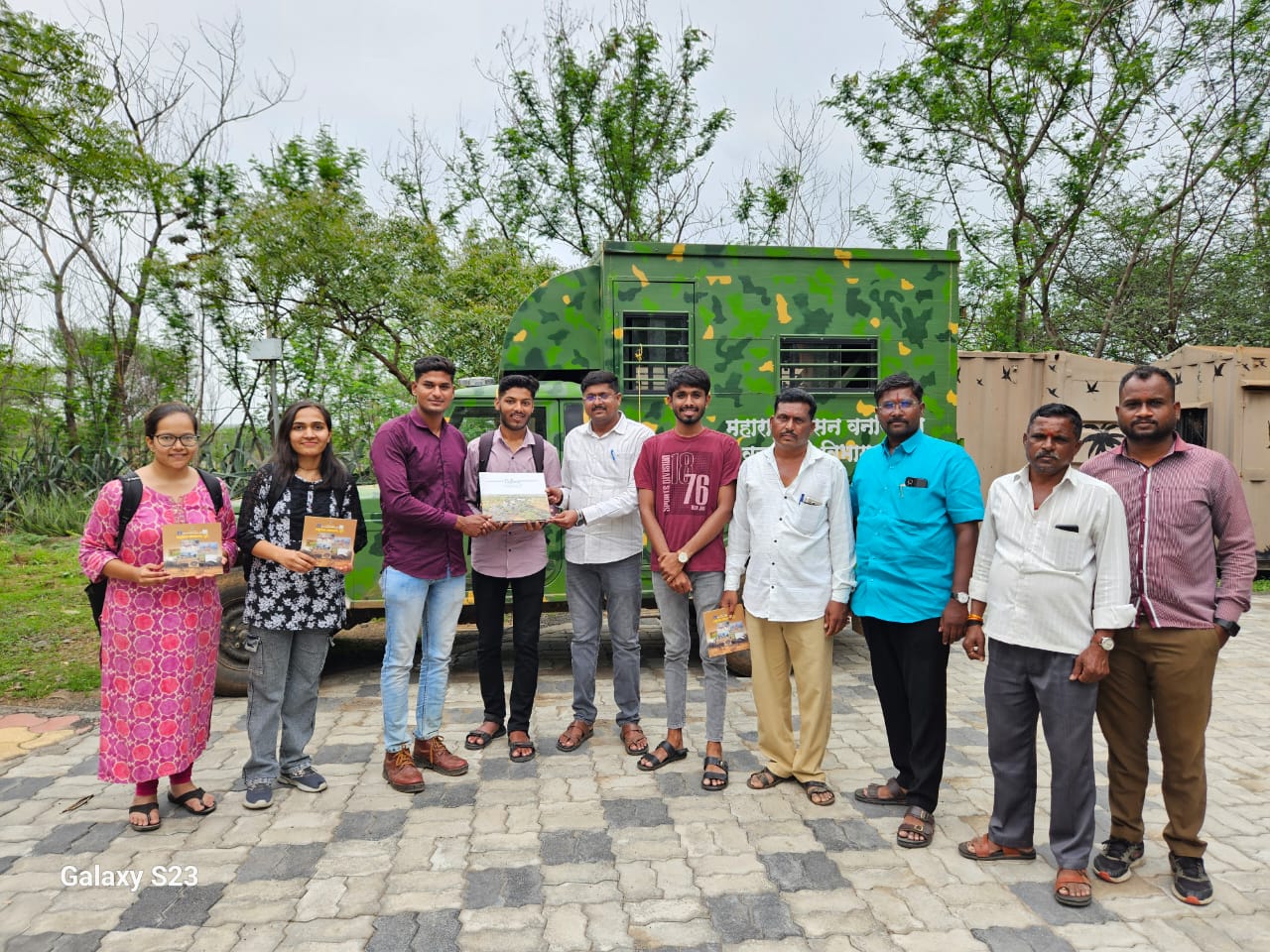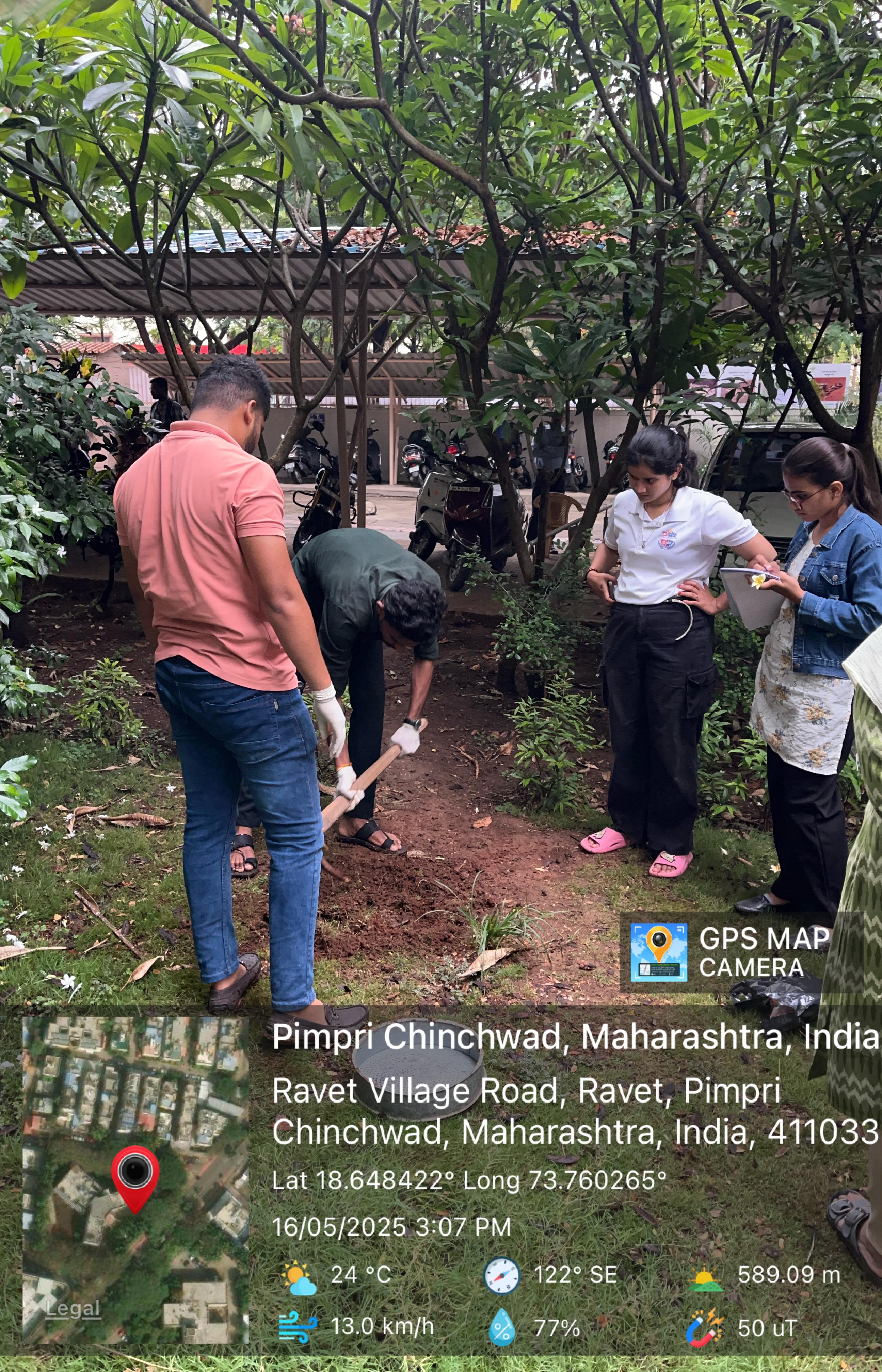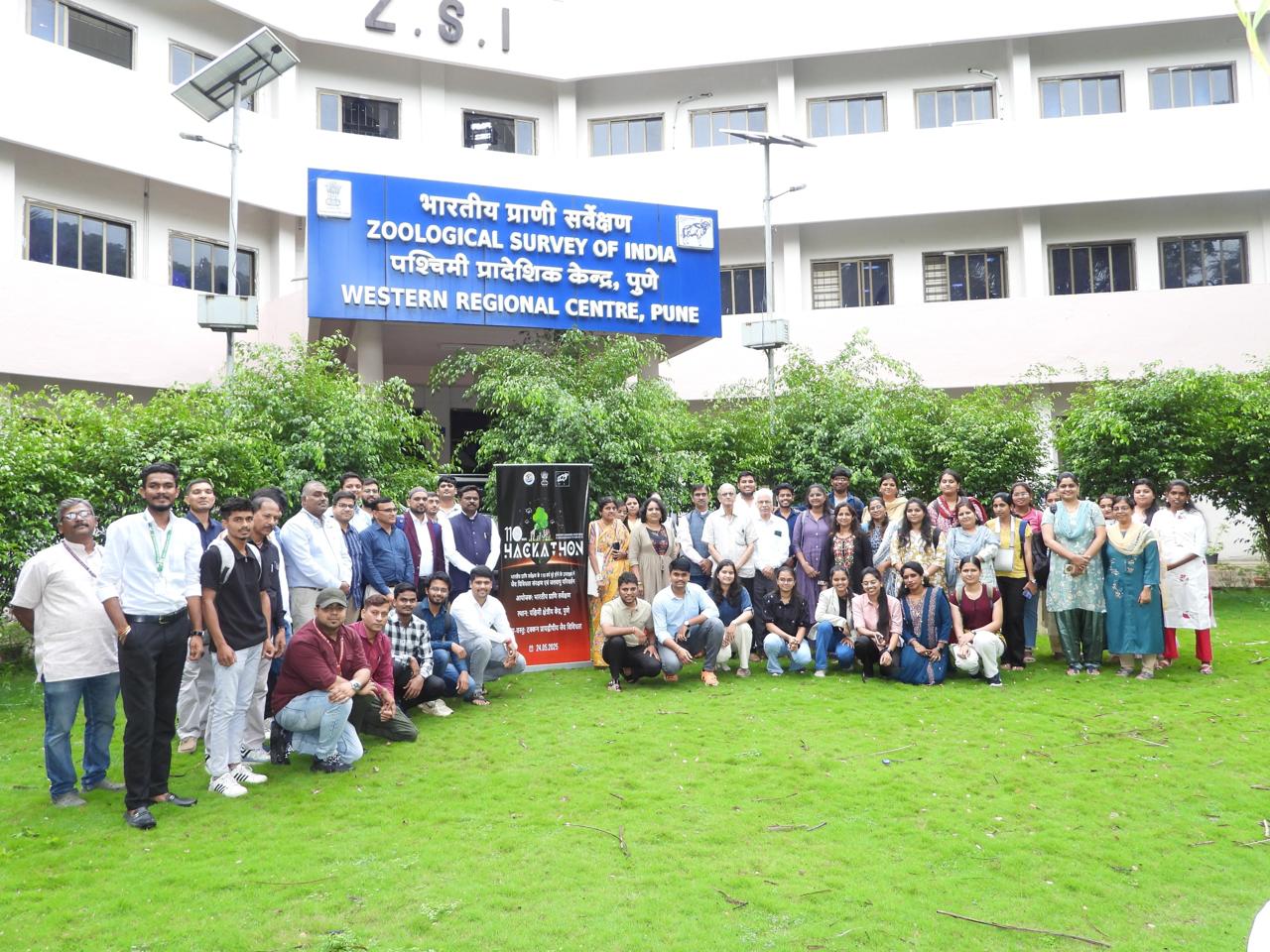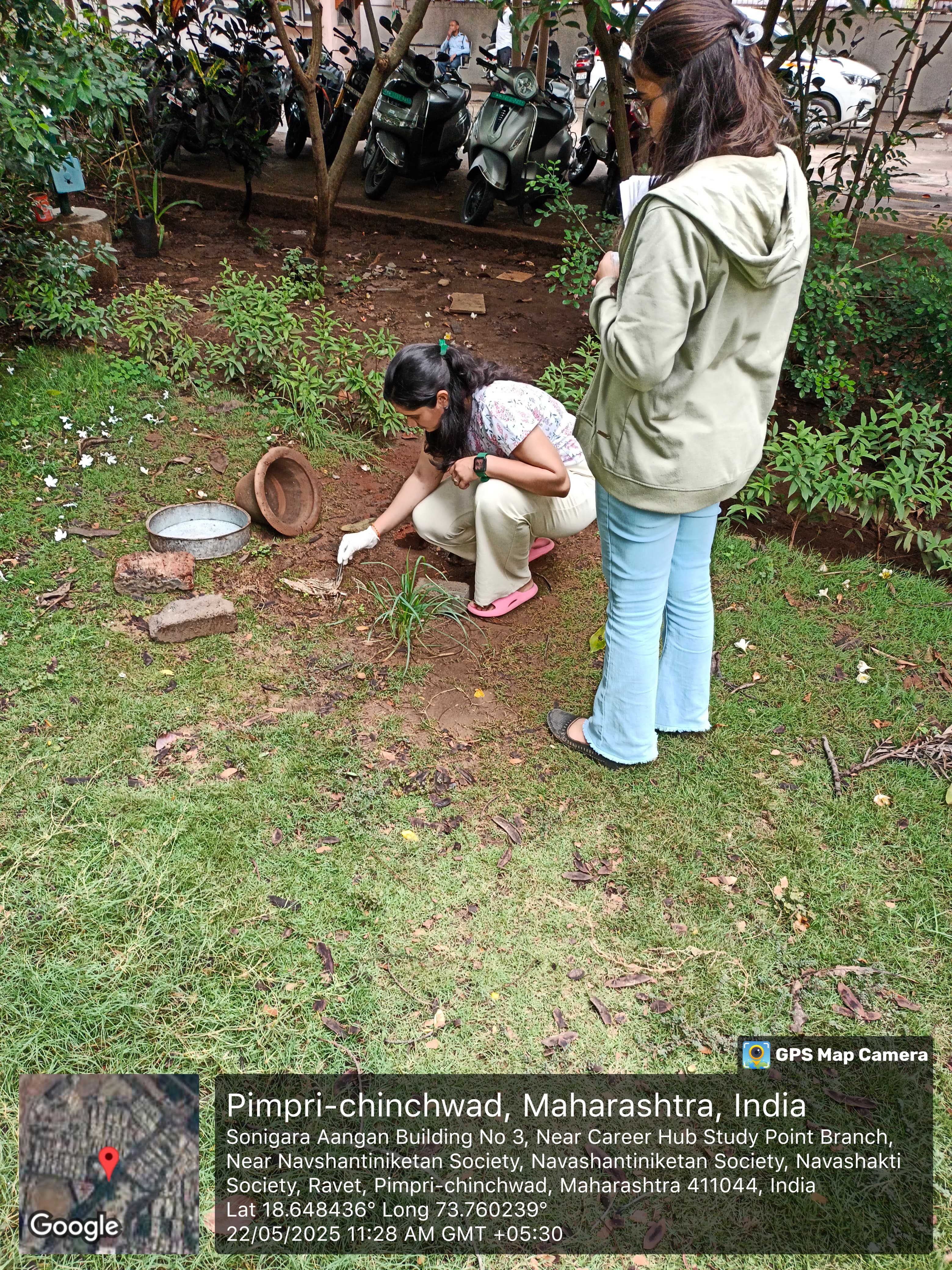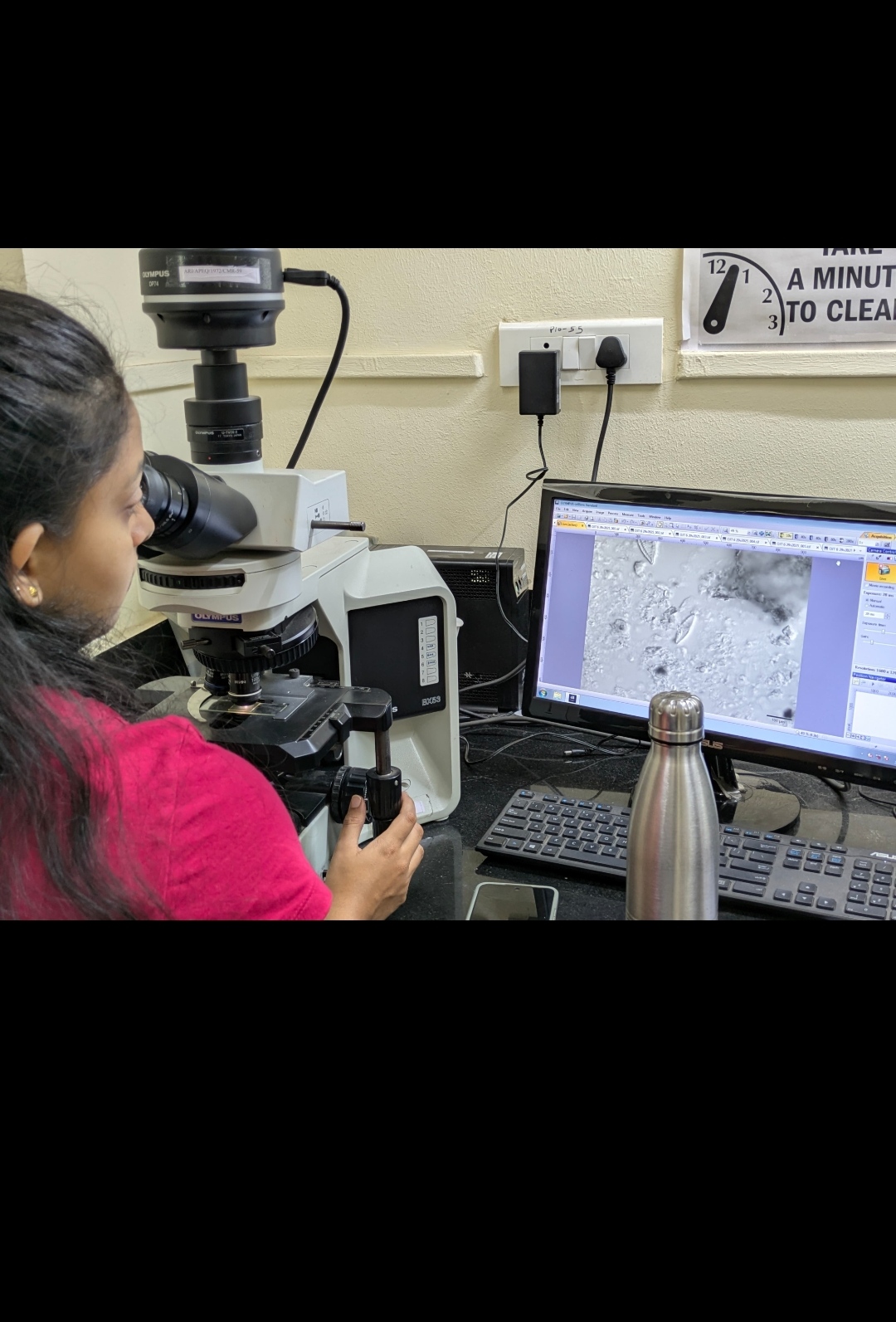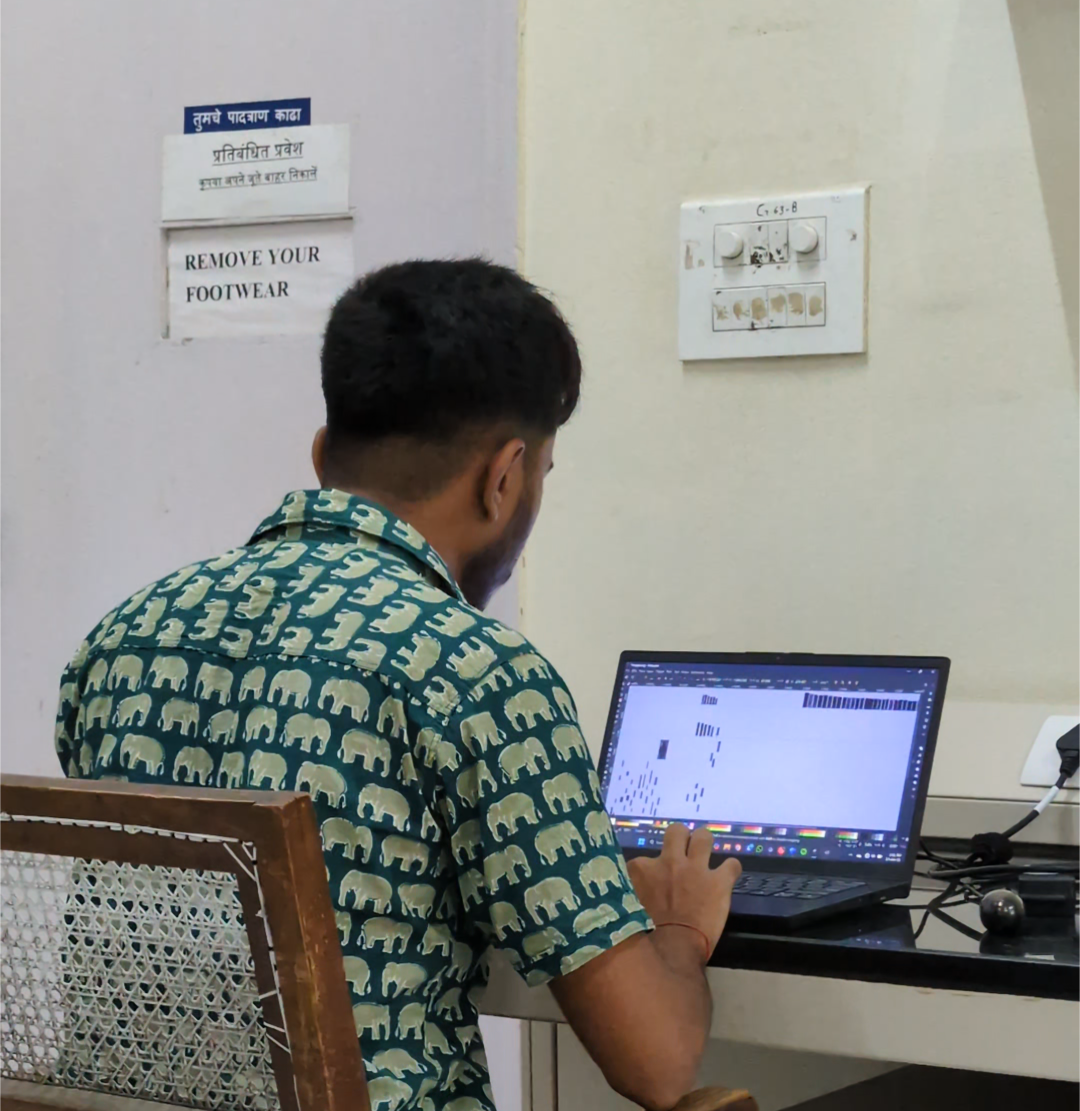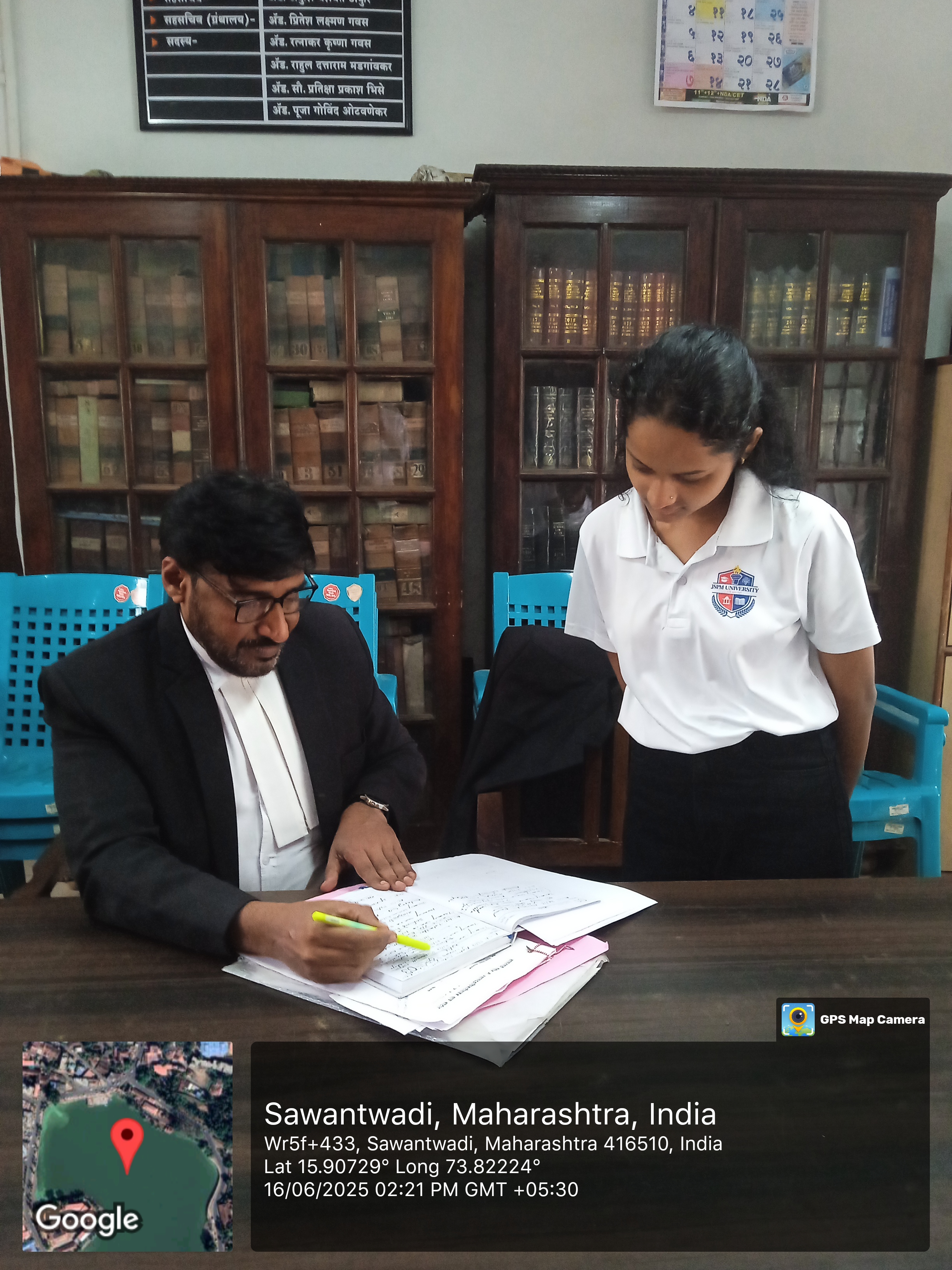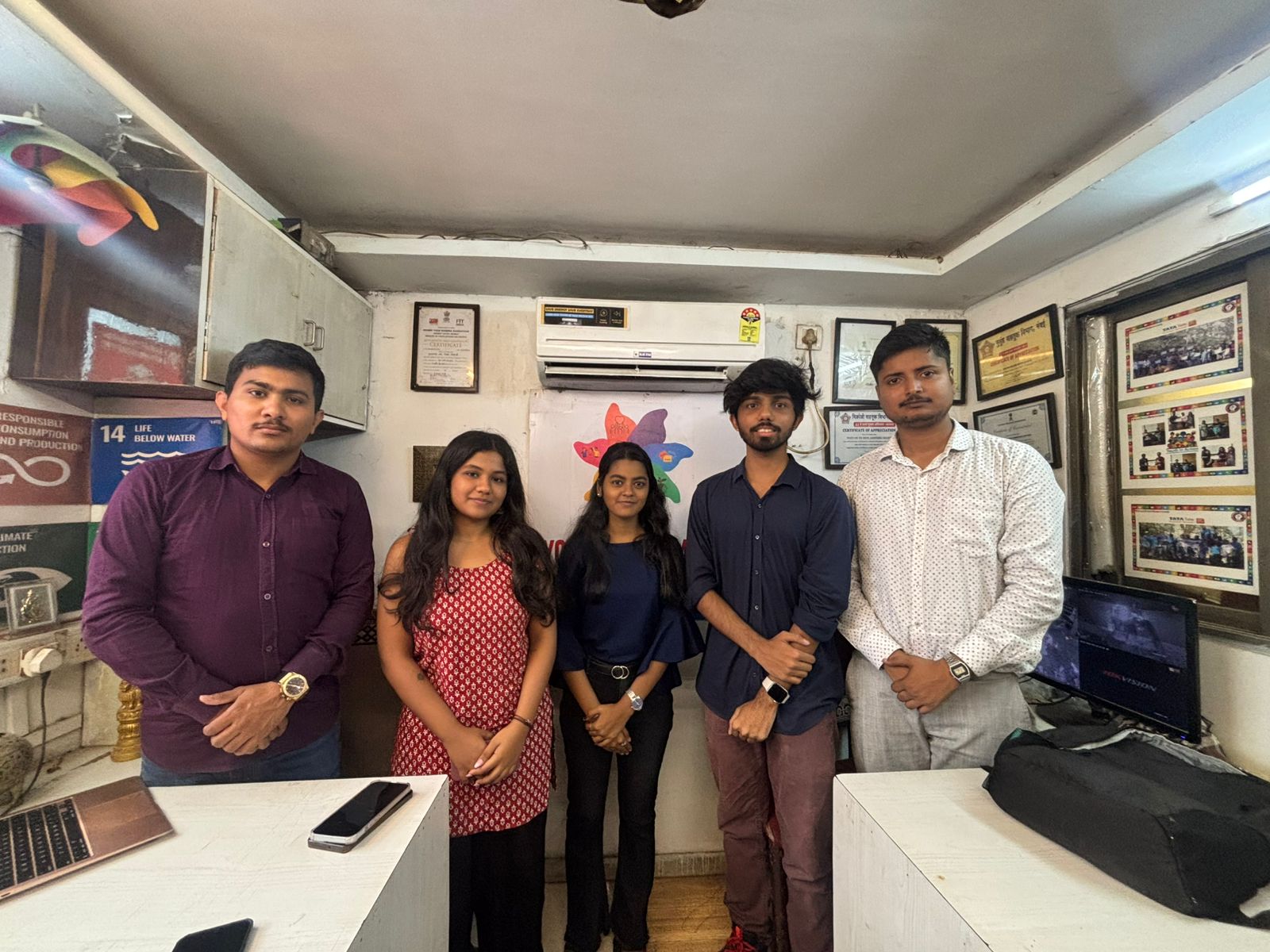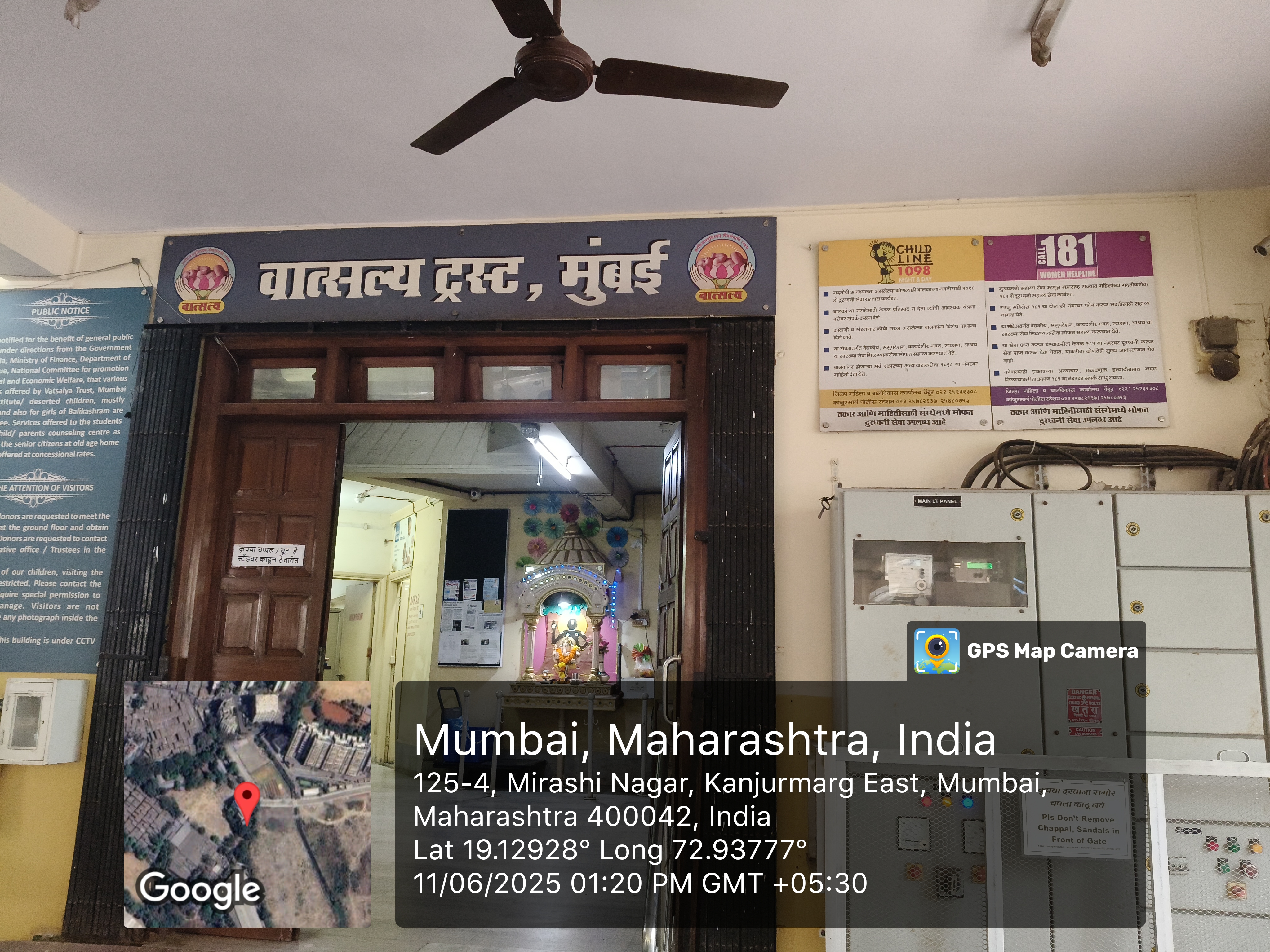Internships & Placements
Internship Highlights
As a part of the academic curriculum at JSPM University Pune’s School of Forensic Sciences, students of both B.Sc. and M.Sc. Forensic Science undergo compulsory internships during every even semester. These internships are a crucial component of skill development and practical exposure, helping students bridge the gap between theoretical knowledge and real-world forensic applications.
Our students are placed across various esteemed organizations including:
- Government Forensic Science Laboratories (FSLs)
- Private Forensic and Cyber Labs
- Law Enforcement and Investigation Agencies
- Toxicology, Serology, and DNA Analysis Units
- Hospitals, Research Institutes, and Legal Departments
Through these internships, students gain hands-on experience in evidence analysis, documentation, crime scene management, digital forensics, and lab procedures under the supervision of industry experts. This practical training plays a vital role in shaping their professional competence and readiness for careers in forensic science, law enforcement, and allied fields.
Police Stations
Among the various internship opportunities, several students also undertake training at local police stations, where they closely observe and assist with criminal investigation procedures. These internships offer invaluable exposure to the real-world operations of law enforcement agencies. Students learn about FIR filing, charge-sheet preparation, case documentation, interrogation techniques, evidence handling, and coordination between police and forensic experts. Working directly with investigating officers enhances their understanding of criminal law, forensic application in field investigations, and the procedural workflow from crime scene to courtroom.
District and Sessions Court
In addition to laboratory and field-based training, students also gain legal exposure through internships at the District and Sessions Courts. During these internships, they observe the judicial process firsthand, including case hearings, forensic expert depositions, cross-examinations, and the presentation of forensic evidence in court. Students develop a deeper understanding of the legal relevance of forensic science, procedures under the Bharatiya Sakshya Adhiniyam, and the roles of various legal stakeholders. This experience enhances their courtroom awareness, report-writing skills, and confidence in presenting forensic findings in a legal setting—essential qualities for any future forensic expert.
Pathology Laboratories
Several students also pursue internships at reputed Pathology Laboratories, where they gain critical insights into clinical diagnostics and laboratory procedures relevant to forensic science. During their time in these labs, students learn about sample collection, blood grouping, histopathology, cytology, toxicological screening, and various biochemical tests. This exposure helps them understand how clinical findings can contribute to forensic casework, particularly in areas like cause-of-death analysis, poisoning, and post-mortem toxicology. The internship enhances their laboratory skills, precision in handling biological samples, and awareness of quality control standards in diagnostic practices.
Forest Department
Some of our students also undertake internships with the Forest Department, where they are exposed to wildlife forensics, environmental crime investigation, and ecological conservation practices. These internships involve hands-on experience in identifying wildlife species, examining poaching cases, analyzing biological evidence like hair, bones, and skin samples, and understanding the enforcement of the Wildlife Protection Act. Students also learn about forest crime scene management, illegal trade routes, and the role of forensic science in protecting biodiversity. This unique experience broadens their forensic scope and prepares them for interdisciplinary roles in environmental and wildlife law enforcement.
Zoological Survey of India (ZSI)
Our students have also had the opportunity to intern at the prestigious Zoological Survey of India (ZSI), where they engage in research-driven projects related to animal taxonomy, biodiversity documentation, and conservation biology. These internships provide exposure to specimen collection, morphological analysis, genetic studies, and species identification techniques—skills that are valuable in both forensic and ecological investigations. Working alongside scientists and researchers at ZSI enhances students’ understanding of wildlife forensics, endangered species documentation, and the role of scientific data in supporting environmental legislation and conservation efforts.
Agharkar Research Institute (ARI), Pune)
Some of our students have also had the opportunity to intern at the esteemed Agharkar Research Institute (ARI), Pune)—an autonomous research institute under the Department of Science and Technology (DST), Government of India. At ARI, students engage in advanced research activities related to molecular biology, microbiology, genetics, and biotechnology, which have interdisciplinary relevance to forensic science. They gain exposure to DNA isolation, PCR techniques, microbial analysis, and bioinformatics tools. This experience enhances their understanding of forensic biology, DNA profiling, and scientific research methodology, contributing significantly to their technical and analytical skills. Internships at ARI not only strengthen academic foundations but also inspire students toward research-oriented careers in forensic and life sciences.
Law Firms and Legal Chambers
Some students have also opted for internships with lawyers, law firms, and legal chambers, where they gain firsthand exposure to the legal system and the application of forensic science in litigation and legal consultation. During these internships, students assist in case file reviews, legal research, evidence evaluation, and the preparation of legal documents. They observe client consultations, trial strategies, and the integration of forensic reports into legal arguments. This experience provides a practical understanding of how forensic experts contribute to criminal and civil cases, and strengthens students' skills in report writing, legal procedures, and courtroom communication. Such internships broaden their perspective on the legal relevance of forensic science and prepare them for interdisciplinary roles involving both science and law.
Non-Governmental Organizations (NGOs)
Several students also gain valuable experience through internships with Non-Governmental Organizations (NGOs) working in areas such as victim support, cyber safety awareness, child rights, anti-human trafficking, and drug rehabilitation. These internships help students understand the social dimensions of forensic science, including the psychological, legal, and investigative needs of vulnerable populations. Interns often assist in case documentation, awareness campaigns, field surveys, and data analysis. This experience cultivates empathy, social responsibility, and a holistic view of crime prevention and justice, making students more effective and socially aware forensic professionals.
 +91 20 6733 5100
+91 20 6733 5100


